Pantocid Injection 10 ml
MRP ₹52.5
(Inclusive of all Taxes)
₹7.9 Cashback (15%)
Provide Delivery Location

secured payment

india's most trusted pharmacy

genuine products
Composition :
Manufacturer/Marketer :
Consume Type :
Expires on or after :
Return Policy :
NPPA :
About Pantocid Injection
Pantocid Injection is a proton pump inhibitor, primarily used to treat gastro-oesophageal reflux disease (GERD), heartburn, erosive oesophagitis (acid-related damage to the oesophagus lining), Zollinger-Ellison syndrome and other conditions caused due to excessive acid in the stomach. GERD is a condition that occurs when stomach acid frequently flows back into the food pipe (oesophagus). Zollinger Ellison syndrome is a rare condition in which a gastrin-secreting tumour of the pancreas causes excessive acid production leading to peptic ulcers.
Pantocid Injection contains Pantoprazole. It blocks the action of the gastric proton pump that is responsible for the production of acid in the stomach. This reduces the amount of acid produced, heals the ulcers, and prevents the formation of new ulcers.
Pantocid Injection will be administered by a healthcare professional. Common side effects of Pantocid Injection include headache, dizziness, diarrhoea, nausea, vomiting, stomach pain, gas, joint pain, pain, redness, and swelling at the injection site. These side effects may not occur in every patient using this medication and differ individually. If the side effects persist longer or worsen, please seek a doctor's advice.
Let your doctor know if you are sensitive or allergic to Pantocid Injection or other medications. Before using Pantocid Injection, let your doctor know if you have any liver, kidney or heart diseases and gastrointestinal problems. Pregnant and breastfeeding women should consult their doctor before using Pantocid Injection. Pantocid Injection may cause dizziness; hence drive or operate machinery only when you are alert. Avoid alcohol intake while using Pantocid Injection since it can increase acid production in the stomach. Pantocid Injection is not recommended for children below five years of age.
Uses of Pantocid Injection

Have a query?
Directions for Use
Key Benefits
Pantocid Injection contains Pantoprazole, which is a proton pump inhibitor. It blocks the action of the gastric proton pump that is responsible for the production of acid in the stomach. This reduces the amount of acid produced, heals the ulcers, and prevents the formation of new ulcers. It also relieves the symptoms of GERD like heartburn, difficulty in swallowing, and persistent cough. Pantoprazole may also prevent oesophageal cancer.
Storage
- Hydrate your body: Drink enough water to prevent dehydration and headaches.
- Calm Your Mind: Deep breathing and meditation can help you relax and relieve stress.
- Rest and Recharge: Sleep for 7-8 hours to reduce headache triggers.
- Take rest: lie down in a quiet, dark environment.
- Cold or warm compresses can help reduce tension.
- Stay Upright: Maintain good posture to keep symptoms from getting worse.
- To treat headaches naturally, try acupuncture or massage therapy.
- Over-the-counter pain relievers include acetaminophen and ibuprofen.
- Prescription Assistance: Speak with your doctor about more substantial drug alternatives.
- Severe Headaches: Seek emergency medical assistance for sudden, severe headaches.
- Frequent Headaches: If you get reoccurring headaches, consult your doctor.
- Headaches with Symptoms: Seek medical attention if your headaches include fever, disorientation, or weakness.
- Inform Your Doctor: Notify your doctor immediately about your diarrhoea symptoms. This allows them to adjust your medication or provide guidance on managing side effects.
- Stay Hydrated: Drink plenty of fluids to replace lost water and electrolytes. Choose water, clear broth, and electrolyte-rich drinks. Avoid carbonated or caffeinated beverages to effectively rehydrate your body.
- Follow a Bland Diet: Eat easy-to-digest foods to help firm up your stool and settle your stomach. Try incorporating bananas, rice, applesauce, toast, plain crackers, and boiled vegetables into your diet.
- Avoid Trigger Foods: Steer clear of foods that can worsen diarrhoea, such as spicy, fatty, or greasy foods, high-fibre foods, and dairy products (especially if you're lactose intolerant).
- Practice Good Hygiene: Maintain good hygiene to prevent the spread of infection. To stay healthy, wash your hands frequently, clean and disinfect surfaces regularly, and avoid exchanging personal belongings with others.
- Take Anti-Diarrheal Medications: If your doctor advises, anti-diarrheal medications such as loperamide might help manage diarrhoea symptoms. Always follow your doctor's directions.
- Keep track of your diarrhoea symptoms. If they don't get better or worse or are accompanied by severe stomach pain, blood, or dehydration signs (like extreme thirst or dark urine), seek medical help.
- Inform your doctor about the nausea and discuss possible alternatives to the medication or adjustments to the dosage.
- Divide your daily food intake into smaller, more frequent meals to reduce nausea.
- Opt for bland, easily digestible foods like crackers, toast, plain rice, bananas, and applesauce.
- Avoid certain foods that can trigger nausea, such as fatty, greasy, spicy, and smelly foods.
- Drink plenty of fluids, such as water, clear broth, or electrolyte-rich beverages like coconut water or sports drinks.
- Use ginger (tea, ale, or candies) to help relieve nausea.
- Get adequate rest and also avoid strenuous activities that can worsen nausea.
- Talk to your doctor about taking anti-nausea medication if your nausea is severe.
- Record when your nausea occurs, what triggers it, and what provides relief to help you identify patterns and manage your symptoms more effectively.
- Preventing Vomiting (Before it Happens)
- Take medication exactly as prescribed by your doctor. This can help minimize side effects, including vomiting.
- Having a small meal before taking your medication can help reduce nausea and vomiting.
- Talk to your doctor about taking anti-nausea medication along with your prescribed medication.
- Managing Vomiting (If it Happens)
- Try taking ginger in the form of tea, ale, or candy to help alleviate nausea and vomiting.
- What to Do if Vomiting Persists
- Consult your doctor if vomiting continues or worsens, consult the doctor for guidance on adjusting your medication or additional treatment.
- Tell your doctor about your GAS symptoms. They may change your medication regimen or prescribe additional drugs to help you manage them.
- To manage GAS symptoms, eat a balanced diet of fibre, vegetables, and fruits.
- Drink enough water throughout the day to avoid constipation and treat GAS symptoms.
- Regular exercise like yoga and walking may help stimulate digestion and alleviate GAS symptoms.
- Take probiotics only if your doctor advises, as they may help alleviate GAS symptoms by promoting gut health.
- Take medication for GAS symptoms only if your doctor advises, as certain medications can interact with your existing prescriptions or worsen symptoms.
- If symptoms persist, worsen, or are accompanied by severe abdominal pain, vomiting, or bleeding, seek immediate medical attention.
- Please inform your doctor about joint pain symptoms, as they may adjust your medication regimen or prescribe additional medications to manage symptoms.
- Your doctor may prescribe common pain relievers if necessary to treat joint discomfort.
- Maintaining a healthy lifestyle is key to relieving joint discomfort. Regular exercise, such as low-impact sports like walking, cycling, or swimming, should be combined with a well-balanced diet. Aim for 7-8 hours of sleep per night to assist your body in repairing and rebuilding tissue.
- Applying heat or cold packs to the affected joint can help reduce pain and inflammation.
- Please track when joint pain occurs and any factors that may trigger it, and share this information with your doctor to help manage symptoms.
- If your joint pain is severe or prolonged, consult a doctor to rule out any underlying disorders that may require treatment.
- Tell your doctor about the cough symptoms you're experiencing, which may be triggered by your medication.
- Your doctor may adjust your treatment plan by changing your medication, adding new medications, or providing guidance on managing your cough symptoms.
- Practice good hygiene, including frequent handwashing, avoiding close contact with others, and avoiding sharing utensils or personal items.
- Stay hydrated by drinking plenty of fluids, such as water, tea, or soup, to help thin out mucus and soothe your throat.
- Get plenty of rest and engage in stress-reducing activities to help your body recover. If your cough persists or worsens, consult your doctor for further guidance.
Drug Warnings
Let your doctor know if you are sensitive to any of the components in Pantocid Injection. Pantocid Injection should be used with caution and only under a doctor’s supervision if you have stomach/intestinal problems, liver, kidney or heart diseases, recent abdominal surgery, risk of bone fractures, and autoimmune diseases like lupus. Long term treatment with Pantocid Injection may increase the risk of fractures of the hip, spine, and wrist. Hence, inform your doctor if you have osteoporosis and bone-related problems. Pantocid Injection may also cause low Vitamin B12 levels on long term usage. Hence let your doctor know if you have Vitamin B12 deficiency before starting Pantocid Injection. Let your doctor know if you are pregnant or a nursing mother before starting Pantocid Injection. Pantocid Injection may cause dizziness; hence drive or operate machinery only when you are alert. Avoid alcohol intake while using Pantocid Injection since it can increase acid production in the stomach. Pantocid Injection is recommended for children above five years of age only when prescribed by a doctor.
Drug-Drug Interactions
Drug-Drug Interactions
Login/Sign Up
Co-administration of Rilpivirine is taken with Pantocid Injection 10 ml, can decrease the absorption and blood levels of Rilpivirine and make the medication less effective.
How to manage the interaction:
Taking Pantocid Injection 10 ml with Rilpivirine can lead to an interaction, please consult a doctor before taking it. Do not stop using any medications without talking to a doctor.
Taking Pantocid Injection 10 ml with Pazopanib may reduce the effectiveness of pazopanib.
How to manage the interaction:
If you are supposed to take Pantocid Injection 10 ml and Pazopanib together, but can be taken together if prescribed by a doctor. However, if you experience any unusual symptoms contact your doctor immediately. Do not stop using any medications without first talking to your doctor.
Co-administration of Pantocid Injection 10 ml reduces stomach acid, decreases the absorption and blood levels of Atazanavir, and reduces its effectiveness.
How to manage the interaction:
Taking Pantocid Injection 10 ml with Atazanavir together can possibly result in an interaction, but it can be taken if a doctor has advised it. A doctor can recommend other options that won't cause any problems when taken together. Do not stop using any medications without a doctor's advice.
Taking Dasatinib with Pantocid Injection 10 ml may decrease the blood levels of Dasatinib and reduce its effectiveness.
How to manage the interaction:
Taking Pantocid Injection 10 ml with Dasatinib together can result in an interaction, but it can be taken if a doctor has advised it. In case of any unusual side effects, contact a doctor. Do not stop using any medications without a doctor's advice.
Co-administration of Methotrexate with Pantocid Injection 10 ml can increase the levels and side effects of Methotrexate.
How to manage the interaction:
Although there is a possible interaction between Pantocid Injection 10 ml and methotrexate, you can take these medicines together if prescribed by a doctor. However, if you experience any symptoms such as nausea, vomiting, loss of appetite, increased or decreased urination, sudden weight gain or weight loss, fluid retention, swelling, shortness of breath, tiredness, weakness, or dizziness, consult a doctor. Do not stop using any medications without consulting a doctor.
Taking Pantocid Injection 10 ml can make Dacomitinib less effective by reducing its absorption in the body.
How to manage the interaction:
Taking Pantocid Injection 10 ml with Dacomitinib together can possibly result in an interaction, but it can be taken if a doctor has advised it. A doctor can recommend other options that won't cause any problems when taken together. Do not stop using any medications without a doctor's advice.
Taking Nelfinavir with Pantocid Injection 10 ml may decrease the absorption and blood levels of Nelfinavir and reduce its effectiveness.
How to manage the interaction:
Taking Pantocid Injection 10 ml with Nelfinavir together can possibly result in an interaction, but it can be taken if a doctor has advised it. A doctor can recommend other options that won't cause any problems when taken together. Do not stop using any medications without a doctor's advice.
Taking Erlotinib with Pantocid Injection 10 ml may interfere with the absorption of Erlotinib into the bloodstream, and reduce its effectiveness.
How to manage the interaction:
Taking Pantocid Injection 10 ml with Erlotinib together can possibly result in an interaction, but it can be taken if a doctor has advised it. A doctor can recommend other options that won't cause any problems when taken together. Do not stop using any medications without a doctor's advice.
Taking Gefitinib with Pantocid Injection 10 ml reduces the acidity level in the stomach and may interfere with the absorption of Gefitinib and reduce its effectiveness.
How to manage the interaction:
Taking Pantocid Injection 10 ml with Gefitinib together can possibly result in an interaction, it can be taken if your doctor has advised it. You are recommended to take gefitinib 12 hours before or 12 hours after Pantocid Injection 10 ml to help minimize the impact of the interaction. Do not discontinue the medication without consulting a doctor.
Drug-Food Interactions
Drug-Food Interactions
Login/Sign Up
Diet & Lifestyle Advise
- Avoid smoking and alcohol consumption. Alcohol intake leads to increased production of stomach acid, thereby increasing acidity and heartburn.
- Manage stress, eat healthily, drink plenty of water, exercise regularly, and get plenty of sleep.
- Limit taking high fibre foods, foods and drinks that contain chocolate, alcohol, caffeine, fructose, or sorbitol, carbonated drinks, fried, and fatty foods.
- Do not have large meals at a time; instead try having small and simpler meals at regular intervals, including fresh fruits and vegetables in your diet.
- Practice yoga and recreation techniques to manage your emotional stress.
- If you are lactose intolerant, avoid using dairy products since it can worsen your stomach discomfort.
- If you cannot take dairy products, it is advised to include other calcium-rich foods like leafy greens, beans, nuts, and seeds.
- Drink plenty of fluids to prevent dehydration.
Habit Forming
Therapeutic Class
All Substitutes & Brand Comparisons
RX
Out of StockBipant 40mg Injection
₹45
(₹40.5 per unit)
756% COSTLIERRX
Out of StockGrasopan IV 40mg Injection
₹45
(₹40.5 per unit)
756% COSTLIERRX
Out of StockFabzole 40 Injection
₹49
(₹44.1 per unit)
832% COSTLIER
Alcohol
Safe if prescribed
Alcohol consumption may increase acid production in the stomach. It is advised to avoid alcohol intake to prevent any undesirable side effects of Pantocid Injection and further worsening of your condition.
Pregnancy
Consult your doctor
It is advised to consult your doctor if you plan to conceive or are already pregnant before starting Pantocid Injection.
Breast Feeding
Consult your doctor
It is not known if Pantocid Injection passes into breast milk. Please consult your doctor before taking Pantocid Injection if you are a nursing mother.
Driving
Safe if prescribed
Pantocid Injection may cause dizziness; hence drive or operate machinery only when you are alert.
Liver
Consult your doctor
Let your doctor know if you have any history of liver diseases or hepatic impairment. Your doctor will weigh the benefits and potential risks before prescribing Pantocid Injection.
Kidney
Consult your doctor
Let your doctor know if you have any history of kidney diseases. Your doctor will weigh the benefits and potential risks before prescribing Pantocid Injection.
Children
Safe if prescribed
Pantocid Injection is recommended for children above five years of age only when prescribed by a doctor.
FAQs
Pantocid Injection works by reducing the amount of acid produced in the stomach and thus relieves stomach ulcers, heartburn, GERD, and other gastrointestinal discomforts.
Pantocid Injection should be used with caution and only under a doctor’s supervision if you have any liver, kidney or heart diseases, stomach and intestinal problems, recent abdominal surgery, Vitamin B12 deficiency, risk of bone fractures, osteoporosis, and autoimmune diseases like lupus.
Please do not take Pantocid Injection for longer durations unless prescribed by the doctor. Taking Pantocid Injection on long-term may cause you to develop stomach growths known as fundic gland polyps. A regular check-up is advised if Pantocid Injection is prescribed for longer durations.
Pantocid Injection may cause bloating as a side effect with its regular use. You may experience tightness, fullness, or swelling of your stomach area. It is advised to avoid consuming wind/gas-producing foods like beans, onions, lactose-containing foods, and carbonated beverages. You can also try herbal teas like peppermint, coriander, fennel, turmeric, and chamomile. If you do not notice any improvement in your bloating, please seek medical advice.
Diarrhoea might be a side-effect of Pantocid Injection. Drink lots of fluids and eat non-spicy foods if you experience diarrhoea. If you find blood in stools (tarry stools) or experience excess diarrhoea, consult your doctor. Prolonged intake of proton pump inhibitors like Pantocid Injection is linked with a greater risk of Clostridium difficile-associated diarrhoea. If you develop diarrhoea that does not improve, immediately consult a doctor.
On long term treatment, Pantocid Injection may increase the risk of fractures of the hip, spine, and wrist. Inform your doctor if you have osteoporosis, bone-related problems, or take any corticosteroids. Your doctor may suggest supplements like Calcium citrate and Vitamin D.
Pantocid Injection may cause low Vitamin B12 levels on long term usage. Your doctor may adjust the dose of Pantocid Injection accordingly and may suggest Vitamin B12 supplements if you are on long term treatment with Pantocid Injection.
Country of origin
Manufacturer/Marketer address
Disclaimer
Author Details
We provide you with authentic, trustworthy and relevant information


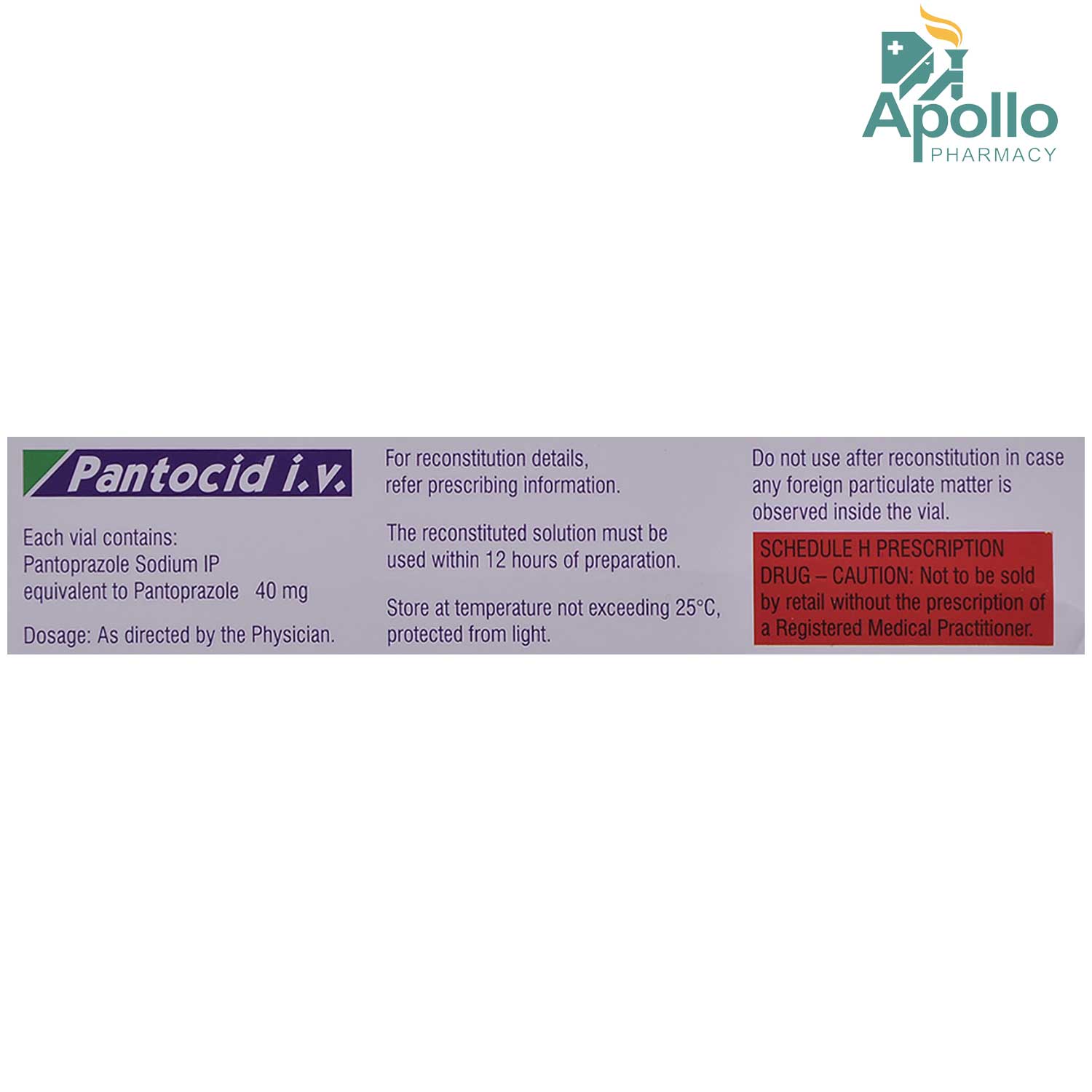
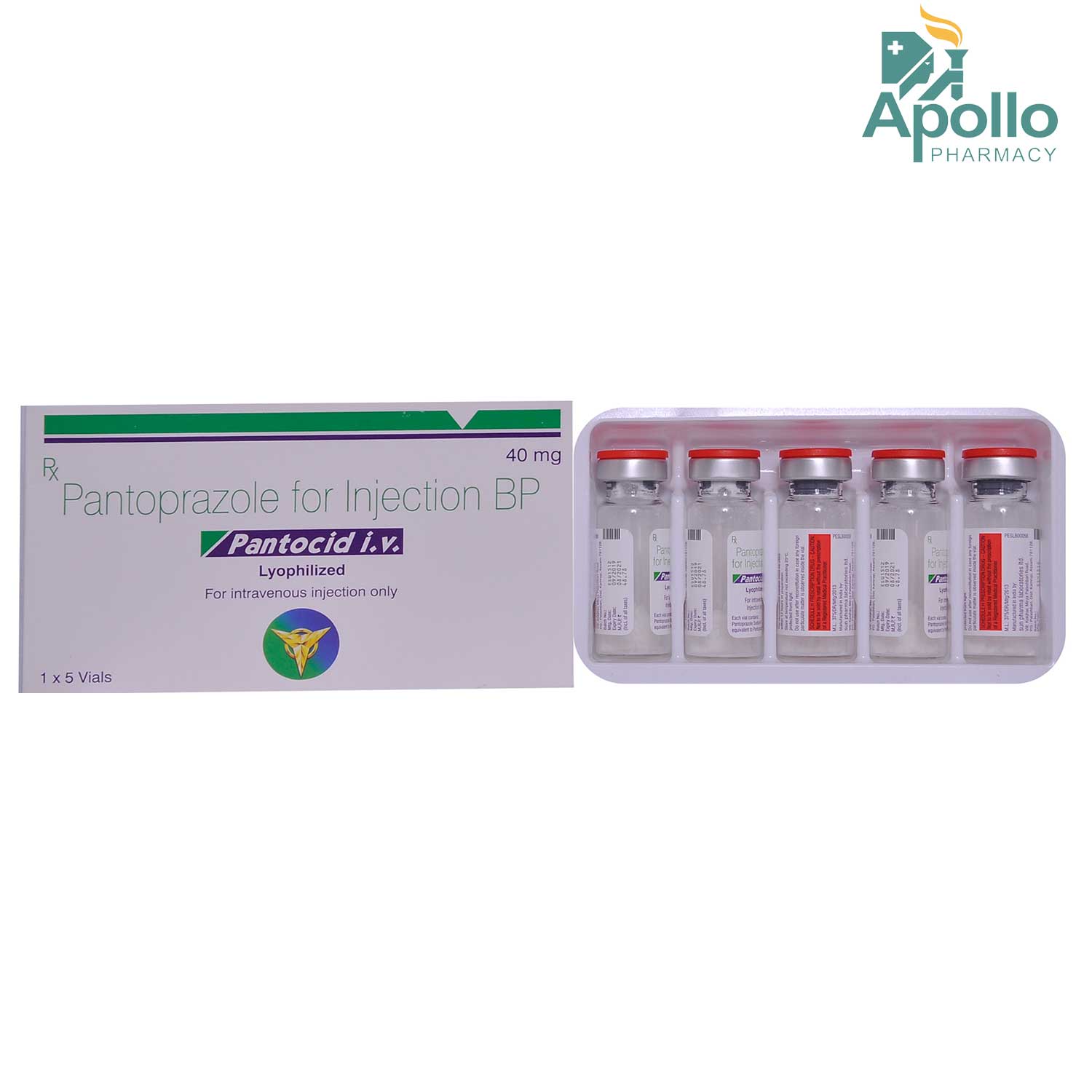



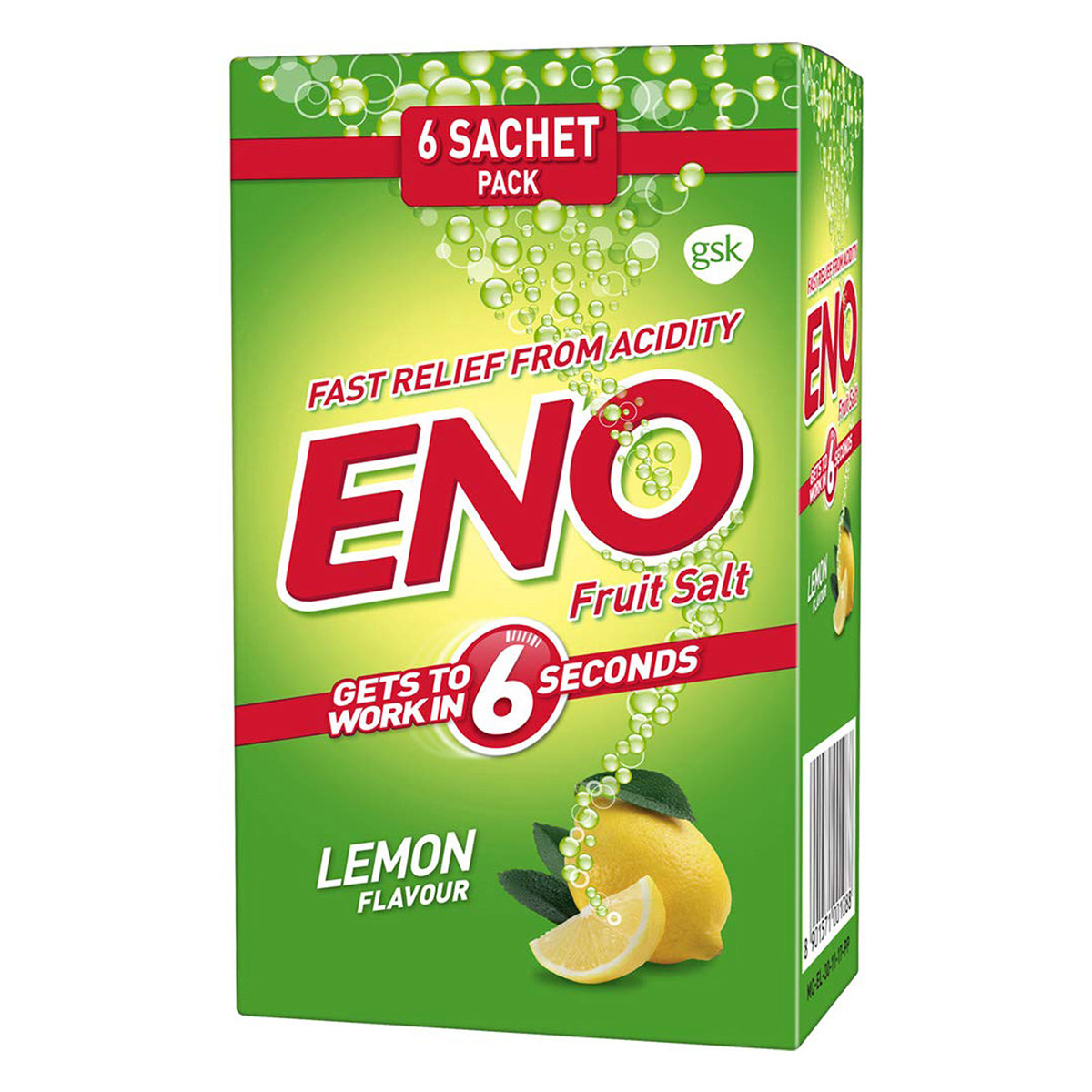
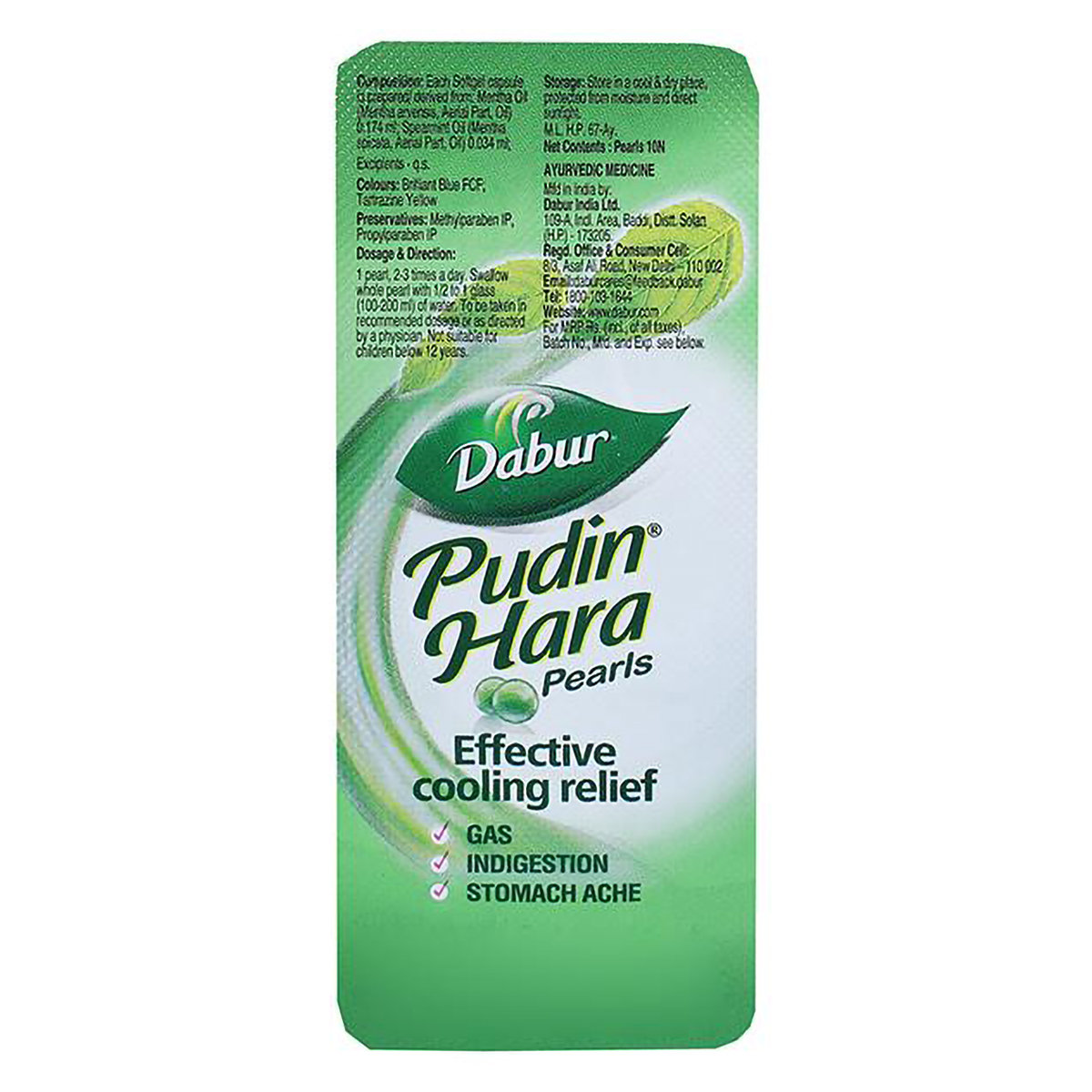
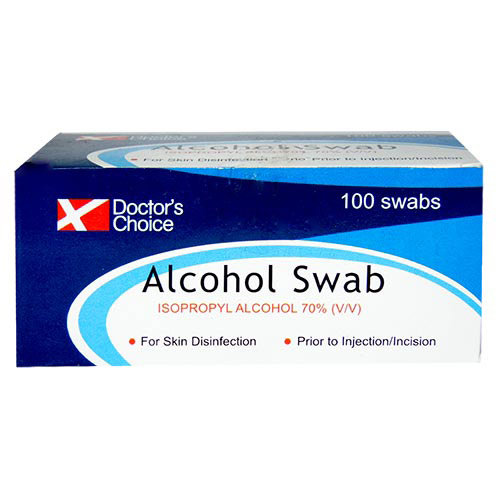
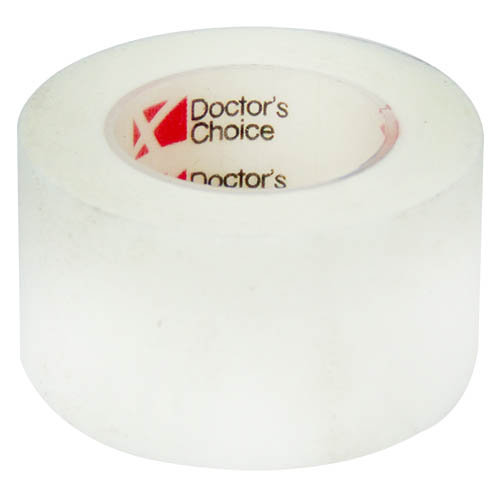

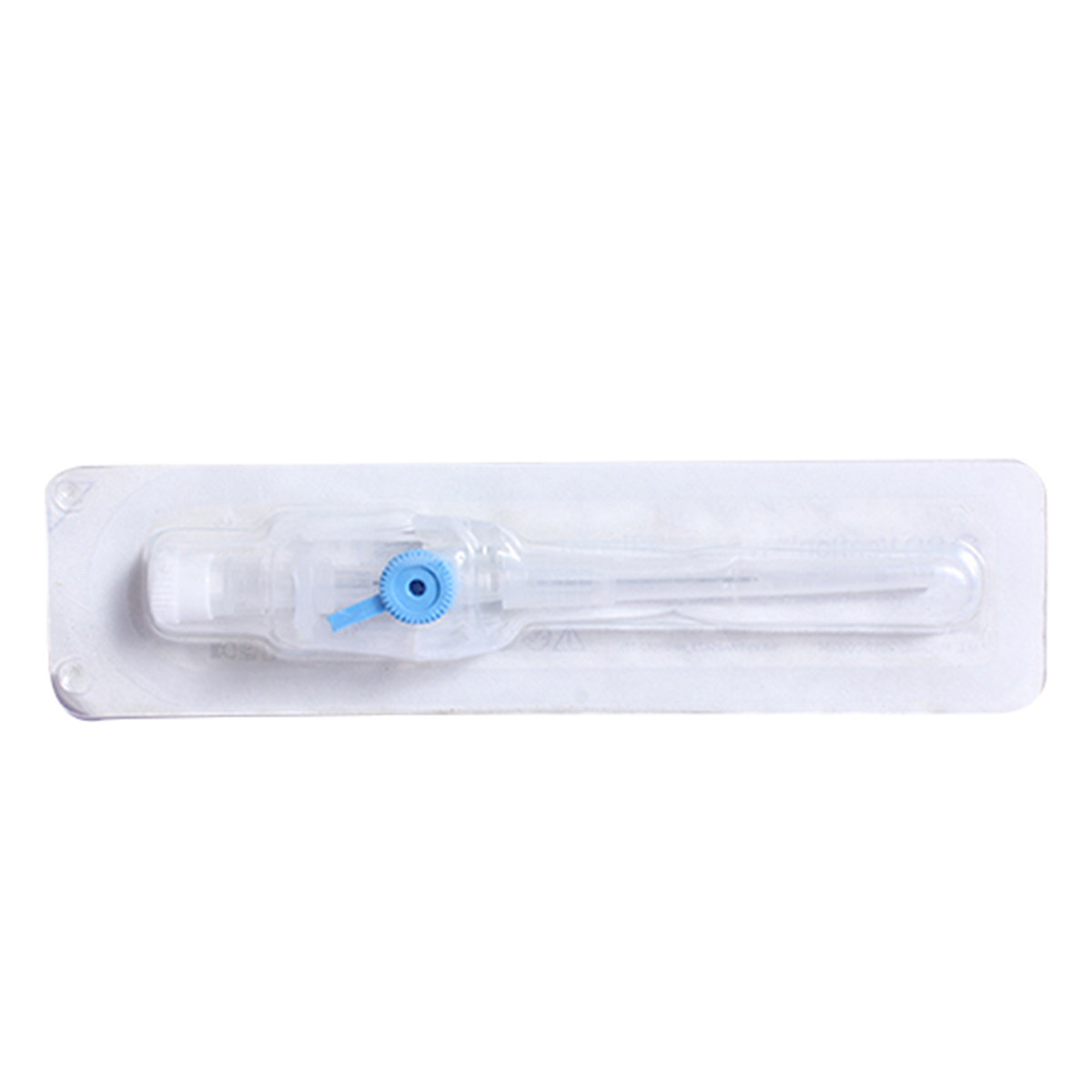
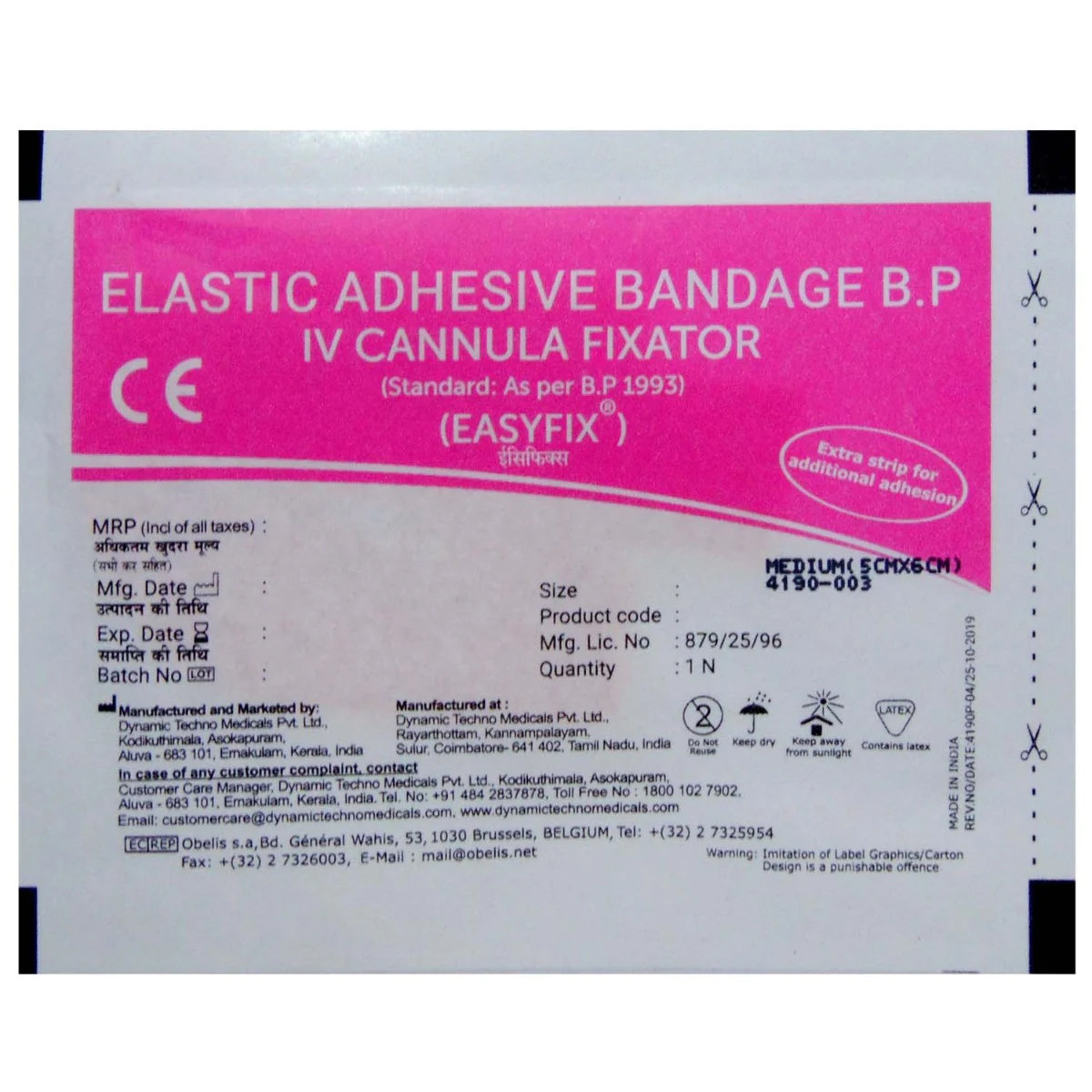
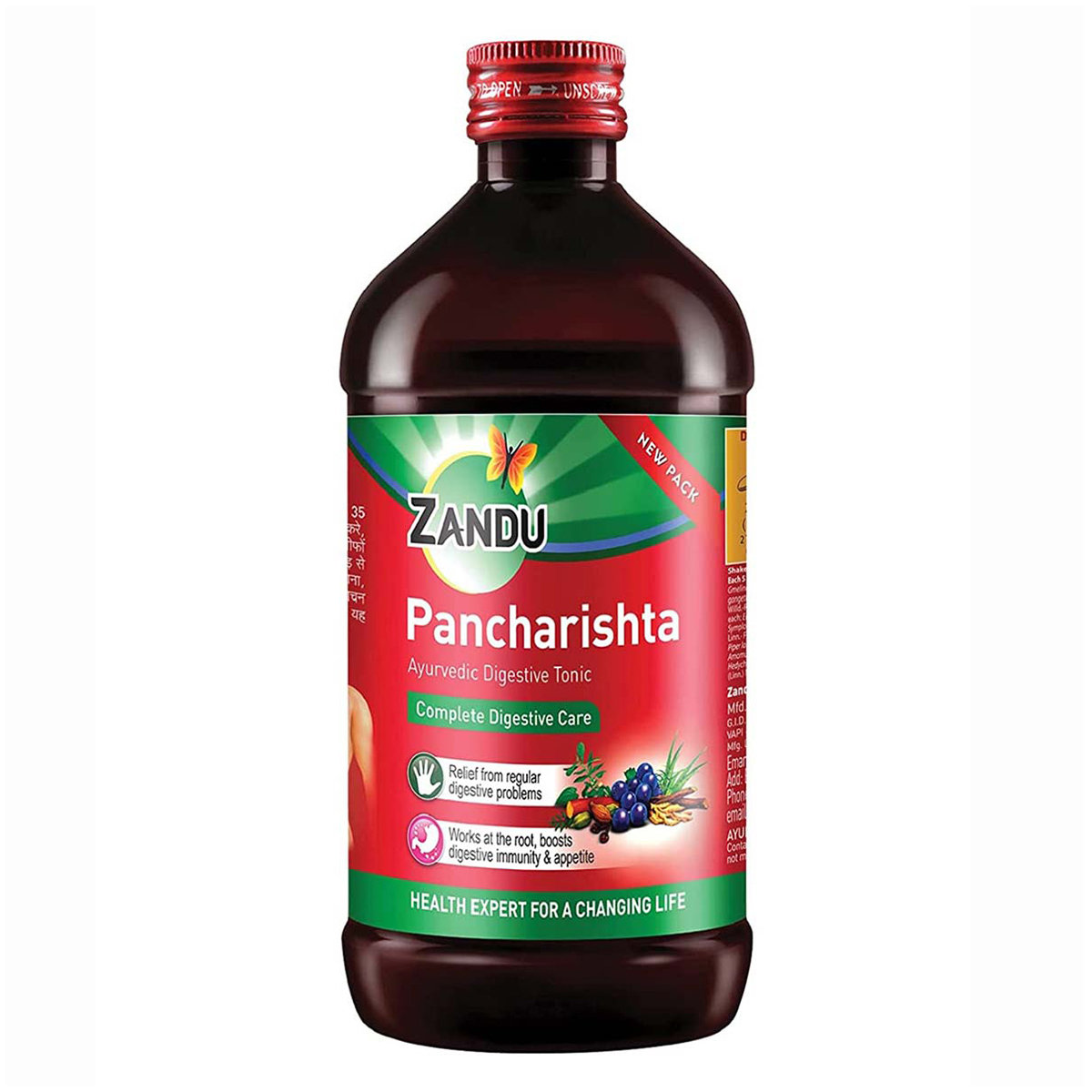
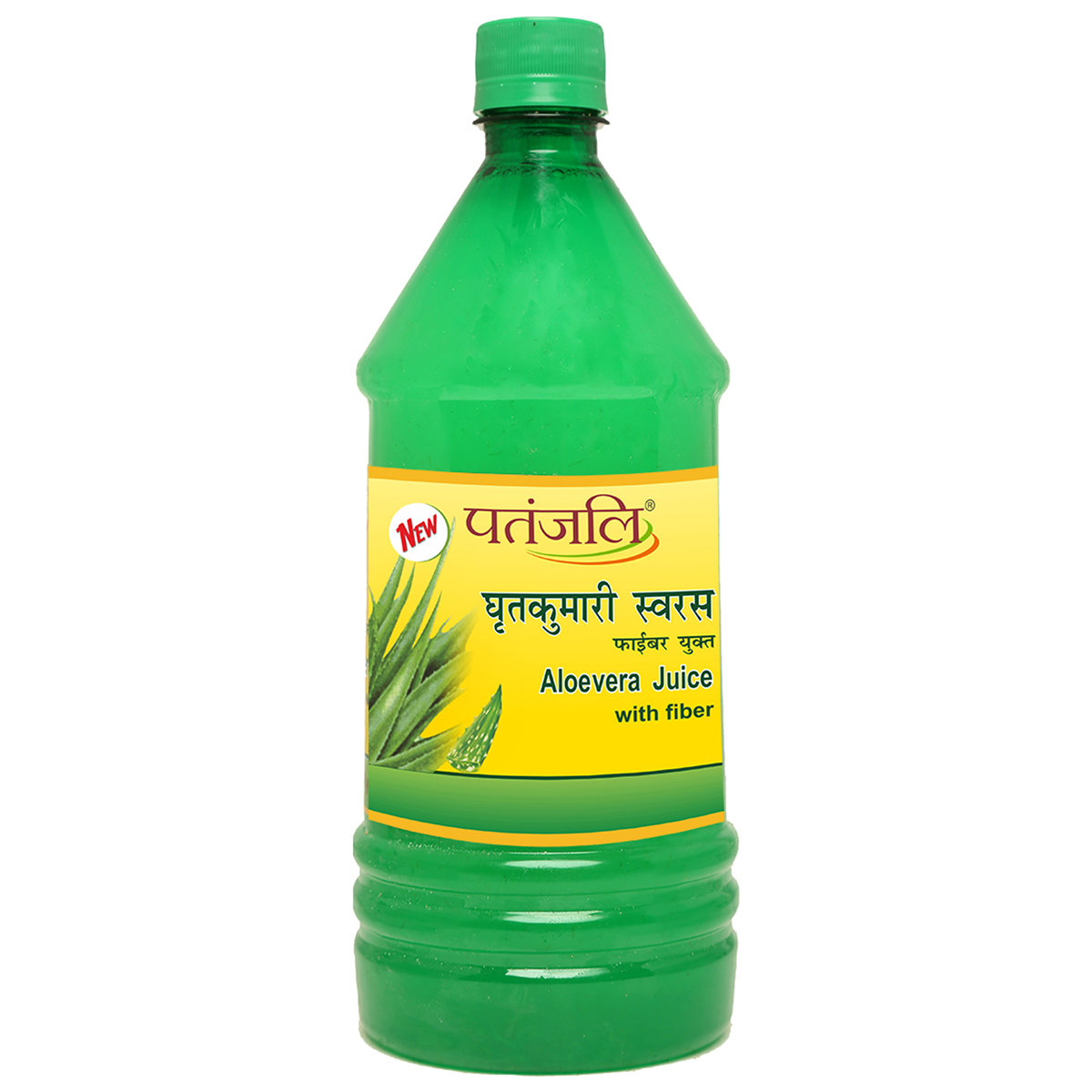
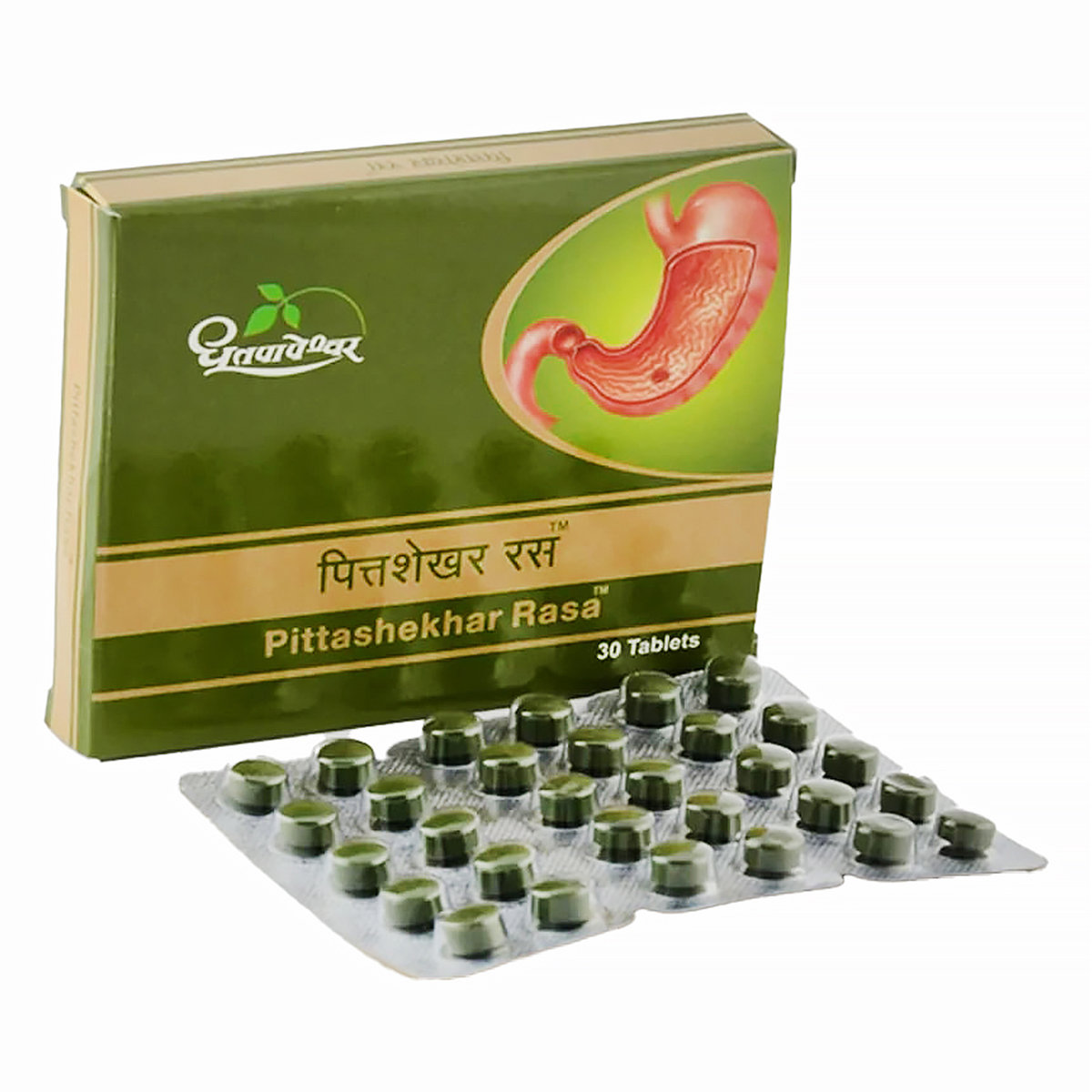
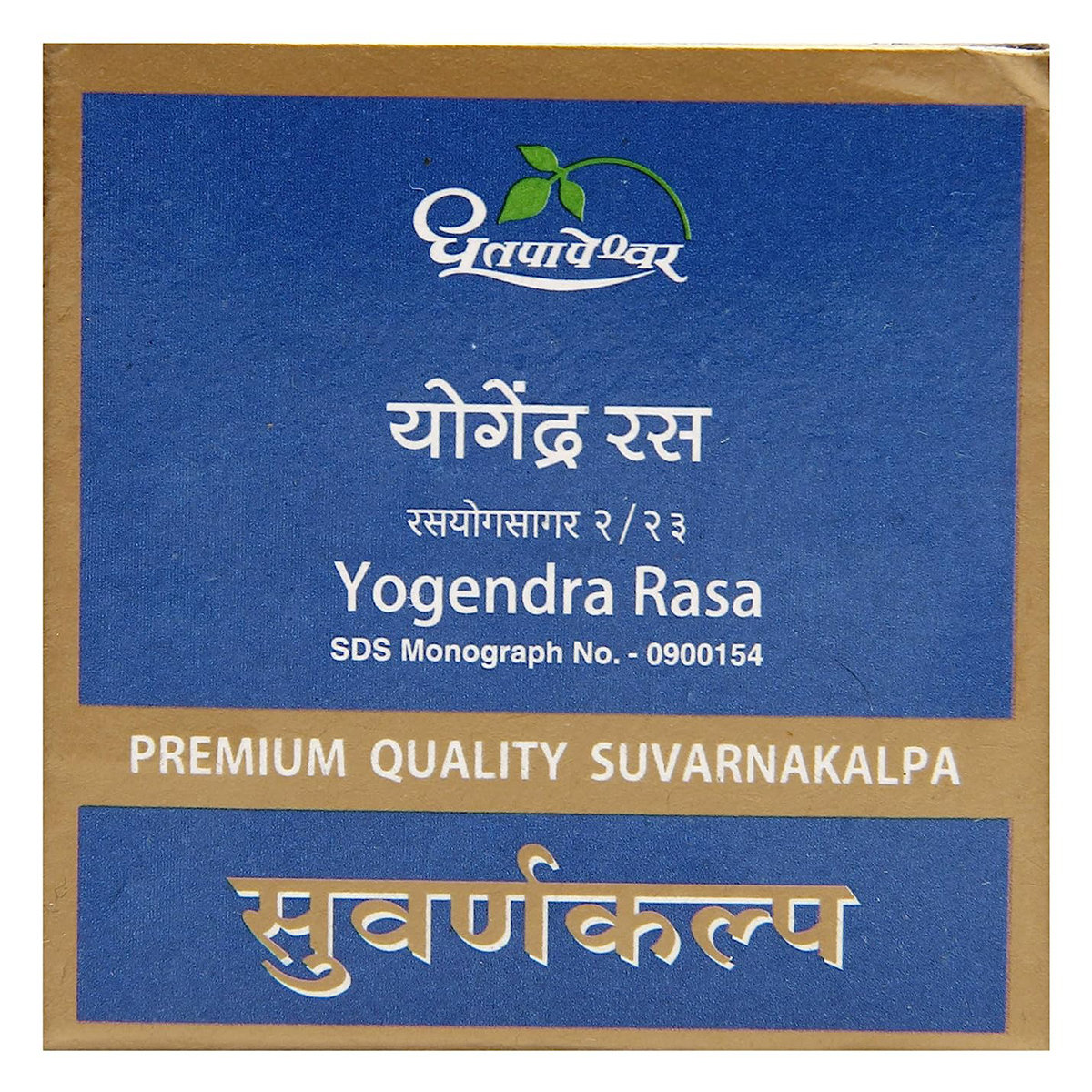

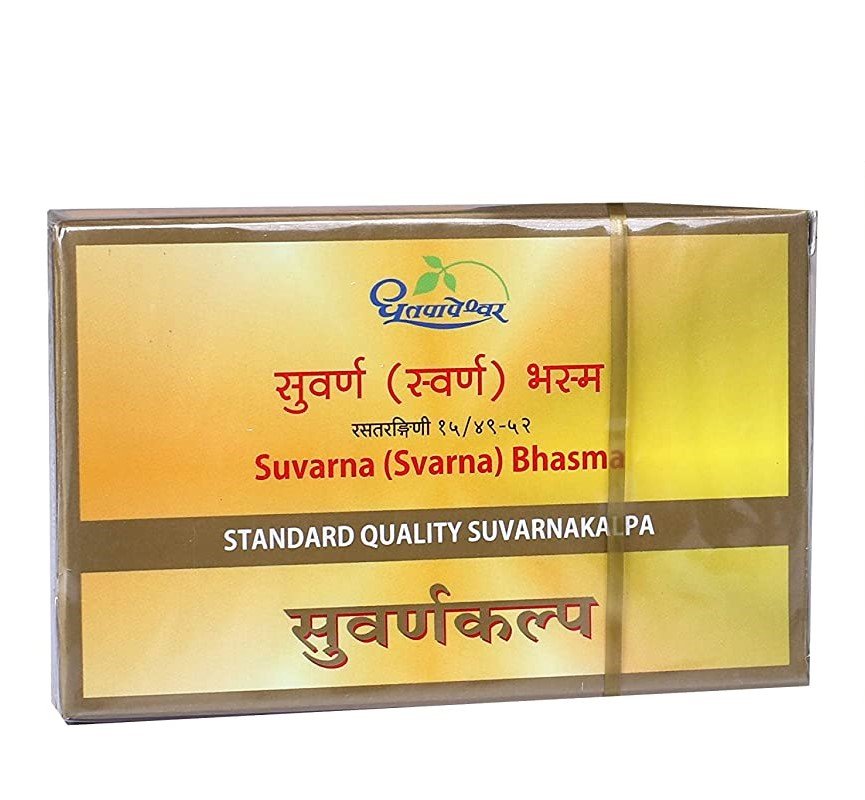

_0.jpg?tr=q-85)
